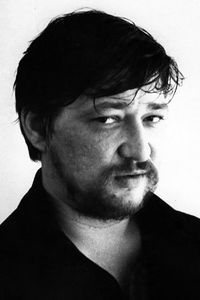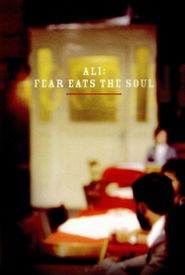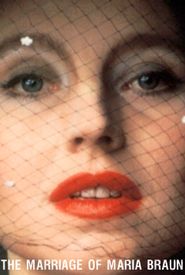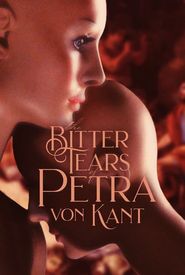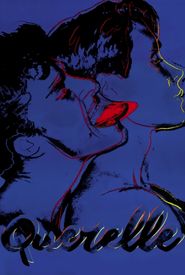Rainer Werner Fassbinder was a rebellious figure whose life and art were marked by stark contradictions. Despite being openly homosexual, he married twice, with one wife acting in his films and the other serving as his editor. He was accused of being anticommunist, male chauvinist, anti-Semitic, and even antigay, yet he completed 44 projects between 1966 and 1982, the majority of which were highly intelligent social melodramas.
Born in 1945 into a bourgeois Bavarian family, Fassbinder was raised by a mother who frequently sent him movies to watch, sparking his lifelong obsession with the medium. He left school at 15 to take a job and later studied theater at the Fridl-Leonhard Studio in Munich and joined the Action Theater in 1967.
Unlike other major auteurs of the New German Cinema, Fassbinder acquired an extensive stage background that is evident throughout his work. He learned to handle all phases of production, from writing and acting to direction and theater management, and even served as composer, production designer, cinematographer, producer, and editor. This versatility later surfaced in his films, where he would often serve in multiple capacities.
Fassbinder's early success was not immediate, with his first feature-length film, Love Is Colder Than Death, being greeted with catcalls at the Berlin Film Festival. However, his next piece, Katzelmacher, was a minor critical success, garnering five prizes after its debut at Mannheim.
Throughout his career, Fassbinder made a wide range of films, including controversial works about human savagery and films about gay and lesbian themes. He scored his first domestic commercial success with The Merchant of Four Seasons, and his first international success with Ali: Fear Eats the Soul.
Fassbinder's death on June 10, 1982, was a perfect picture of the man and his legend. He was found with an unfinished script for a version of Rosa Luxemburg lying next to him, a testament to his boundless energy and creativity. Despite his struggles with addiction and personal demons, Fassbinder never ceased to be productive, leaving behind a legacy of provocative and emotionally charged films that continue to be experienced and debated today.
